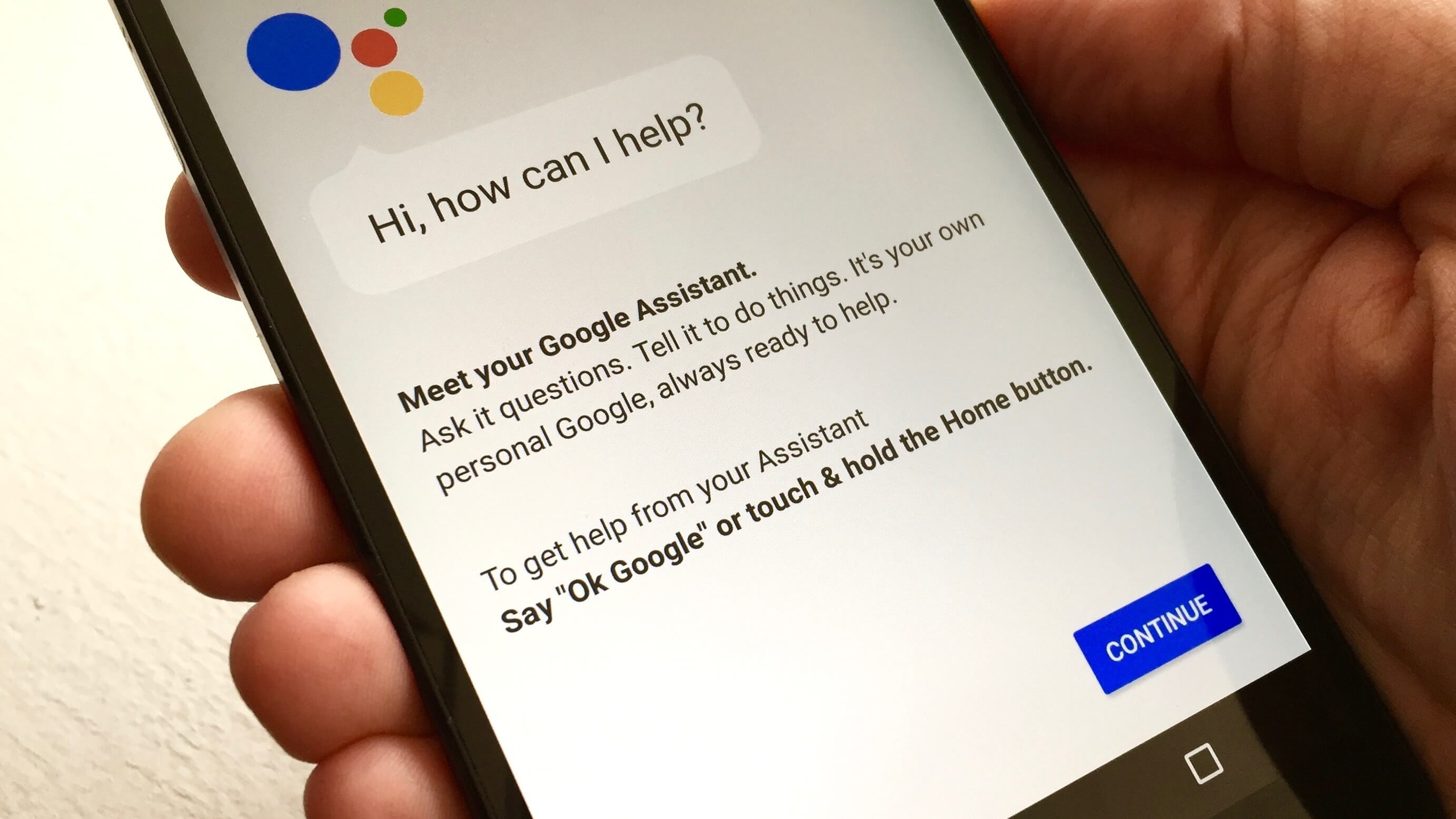When searching for products to buy online, the workflow is the same for the vast majority of consumers. A query is made to find out where to buy a specific product, and then more often than not an Amazon link appears. A few clicks later and the product arrives at your doorstep soon enough.
Other online retailers have recognized this competition problem and so has the middleman Google. In exchange for listing products in search results, Google is working with Walmart, Target, Costco, Home Depot, and Ulta Beauty to take a cut of sales as part of a new commission system. Although retailers are unlikely to be thrilled about spending more on customer acquisition, there is no ignoring Google's influence on sales.
The reasoning behind this change in how products are listed in search results stems from changes in how people are actually using search engines. Reverse image searching has drastically increased in popularity. Common questions such as, "Where can I buy this?" or "How can I buy this?" make it easy to direct consumers straight to sales pages instead of scrolling through a few pages of results first.

In addition to offering better priority in search results, retailers also have the option to promote their products through Google Assistant and Google Express. Voice ordering has drastically risen and retailers have seen order sizes increase by nearly 30 percent with the help of Google Express shopping cart.
By 2022, it is expected that over half of all US households will have either an Amazon Alexa, Google Home, or other smart voice device. Consumers will continue to place orders via voice and are likely to buy from retailers that make the experience as easy as possible.
Image Credit: Google Assistant from PCWorld